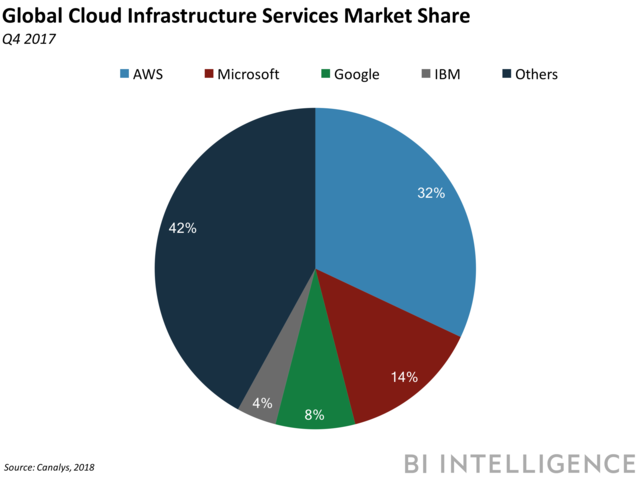
According to Fortune, “online commerce still makes up less than $1 out of every $10 in the United States”. Yet, online commerce is the future; it would keep growing and that is certain. In Nigeria, we have put that as “online commerce makes up less than N0.01 out of every N10 in Nigeria”. In other words, for every N1000 spent in Nigeria, only N1 is spent online. Again, I expect that number to keep moving north. (Please note I said “online”, not “electronic or digital”. The distinction is very huge as you work on your strategy. POS, ATM and such are electronic but not online.)
Furthermore, in the midst of this rumble, as I travel across Nigeria, I can conclude that the physical commerce would be here, for a very long time. No one is going to kill brick and mortar business in Nigeria. That would not happen in our generation. Consider these two things:
- Before the advent of mobile telephony, many expected GSM to reduce Lagos traffic since people could talk over business on phone. That did not happen. In short, mobile expanded our tentacles making us to move and drive more. So, instead of going to one place in pre-GSM era, in Lagos, you can now connect many places in Lagos on the fly on the same day. GSM did not make us to wake up and be calling people from our homes; we have more people to meet daily because of it.
- The world engineered frozen food, making food preparation on-demand at home. But the world keeps seeing restaurants opened daily. The frozen food industry has not stopped people going out to eat.
This is the deal: Homo sapiens would like to meet and connect. Even in commerce, that element would not die. So, if you want a great online business, make sure there is a physical element in Nigeria. Indeed, it happens that visiting Nigerians (to U.S.) do travel from Atlanta to New York just to shop in Saks so that they could take the photos and post on Facebook. The best moment is coming out with the bags, smiling for the camera. Yes, she shopped at Saks New York. That is the experience: no online commerce can replicate that.
Register for Tekedia Mini-MBA edition 17 (June 9 – Sept 6, 2025) today for early bird discounts. Do annual for access to Blucera.com.
Tekedia AI in Business Masterclass opens registrations.
Join Tekedia Capital Syndicate and co-invest in great global startups.
Register to become a better CEO or Director with Tekedia CEO & Director Program.
But that does not mean that Amazon would not have its moments. But thinking that Amazon is an online (commerce) business misses the point. While Amazon parades ecommerce as its main business, what keeps it working is the cloud business. That cloud business is extremely profitable and Amazon commands more than 30% of the global market share. Unless you have an ecommerce business which would be underwritten by a profitable business, you have no case. Yes, with Amazon Web Services, Amazon could be losing money on ecommerce, as it pursues market share. No one cares because it has its own money to lose, and in the process causing mayhem to others.
Here’s an overview of how the top three tech giants’ cloud businesses performed in Q4, as each vies for a larger share of the cloud market:
-
Amazon Web Services (AWS) continued to lead the market, grabbing 32% of the global cloud infrastructure services market. However, the company’s share fell by 2 percentage points in Q4 from Q2 2017.
-
Microsoft’s cloud business is closing the gap with AWS. Microsoft Azure’s share jumped to 14% from 11% in Q2 2017.
-
Alphabet’s cloud business trails behind Amazon’s and Microsoft’s, but is slowly inching up. Alphabet’s Google Cloud Platform (GCP) accounted for 8% of the global cloud market in Q4, up from 5% in Q2 2017.

Even Alibaba is not far from that: it has a double play. It charges merchants commissions on sales on Alibaba. Then it has its subsidiary to process the payments. So before any activity ends, it has already made money. As a marketplace, it is asset-light and typically makes money irrespective of the ecosystem condition. The success is not the online; the success is the double play where it charges fees and also makes money for processing those fees.
As you open ecommerce business in Africa, you must model things right. The sub-sector is not as easy as you think. It is still at infancy and would burn cash before it blossoms. This goes beyond a flashy website and wasteful Google advertisement. This is a business dominated by an offline marginal cost. Until you fix that, you have no business.
---
Register for Tekedia Mini-MBA (June 9 – Sept 6, 2025), and join Prof Ndubuisi Ekekwe and our global faculty; click here.


